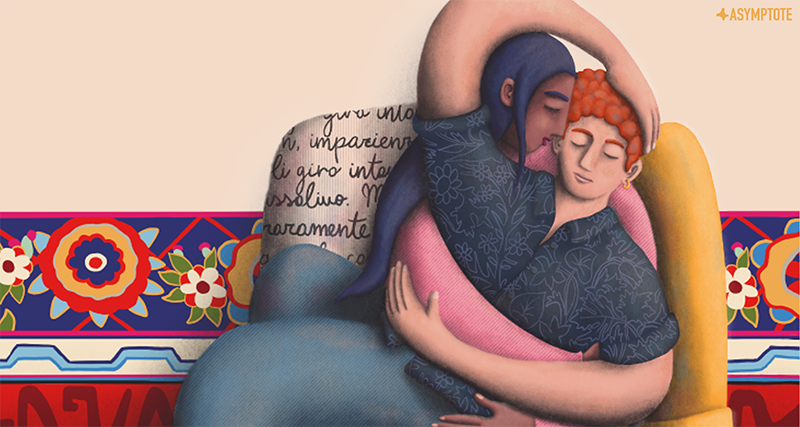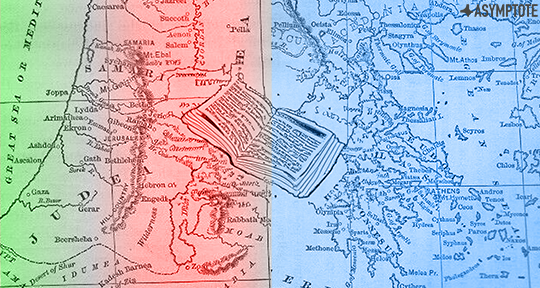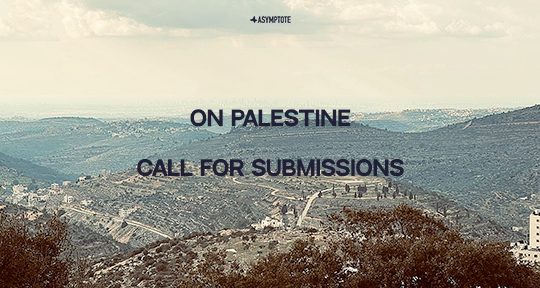Now in its thirty-seventh edition, the Salone Internazionale del Libro di Torino, or the Turin International Book Fair, continues to be a vital occasion for the literary community, gathering a diverse and lauded array of writers from around the globe to speak about their craft and its reflection of the world. This year, the theme “Le parole tra noi leggere/ Words fall lightly between us” gestured towards the need for literature to create connections and compassions; in the following dispatch, Veronica Gisondi reports on the illuminations to be found in this “between,” capturing the intersections and collisions that marked this year’s Fair.
This year, the Turin International Book Fair gathered a constellation of voices that, like a compass, revealed multiple paths to traverse the conflicts of the present and the complexities that await us, prefiguring a future expectant with the consequences of increasing inequality, oppression, and unbridled political violence. In these crossings, the fair also bridged a distance—the one that separates Europe from the rest of the Mediterranean, its ancient cradle—which has, for too long, appeared bigger than it actually is.
Some of the speakers that enlivened the fair’s thirty-seventh edition—held on May 15 to 19 in Lingotto, a former Fiat car factory—dissected the impact of being subjected to settler-colonial violence and the potential of literature in resistance. A dialogue between the Palestinian short-story writer Ziad Khaddash and Palestinian-Syrian writer and journalist Raed Wahesh took place on the anniversary of the Nakba (a day that signals the start of a long process of occupation and expropriation); in observance, Grazia Dell’Oro, Wahesh’s Italian publisher, remarked that “for us Westerners, anniversaries are often a way to clean our conscience. But we believe that the lively literary life of the Palestinian world needs to be remembered and promoted here at the fair,” and further stressed the risks of “the victimization that comes with an Orientalist gaze.” READ MORE…





